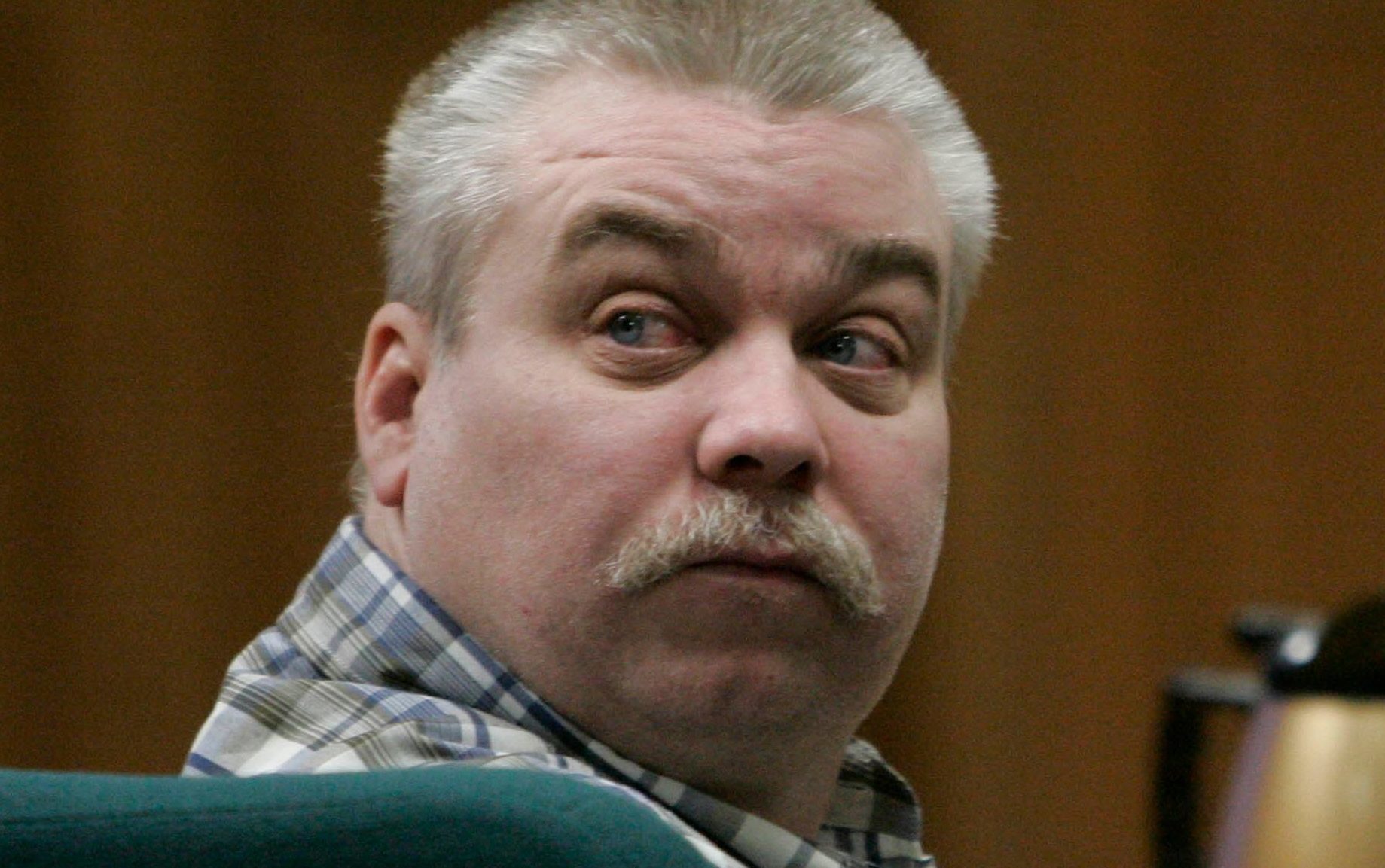
IT’S a truism that all drama is all about conflict, and increasingly we are coming to realise that true crime stories are the perfect dramatic vehicles – not only offering conflict, but much more.
The news that the American lawyer David Rudolf, who defended the author Michael Peterson, a man convicted of murdering his wife Kathleen in 2003 in North Carolina, and who would ultimately accept an “Alford Plea” for that murder in 2017, is set to tour this country, is only the most recent reminder of this truism. Kathleen’s death gained infamy through the Netflix series The Staircase.
It’s also a reminder how true crime has become one of the staples of the entertainment industry.
After all, Rudolf’s tour comes hard on the heels of another country-wide tour of American lawyers who shot to fame through defending their client, and which became the backbone of another Netflix documentary.
Jerry Buting and Dean Strang doggedly defended Steven Avery – a man wrongly convicted of rape and then accused, and ultimately convicted of, a murder in Wisconsin, after his release from prison for the rape that he had never committed. The twists and turns of that story were eagerly followed by the millions of viewers of Making A Murderer, which premiered on Netflix in 2015.
I got to see first-hand the popularity of that series and the impact of true crime on viewers, as I acted as moderator on a number of the legs of the subsequent tour by Strang and Buting in 2017.
In many true crime series there is a context being offered of the “miscarriage of justice”, which may also have been appealing to the audience. But what about other true crime products which are simply using what criminologists call “the joys of transgression” – driving cars too fast, shooting guns, or taking bloody revenge – to seduce the audience to the screen, or the stage? The secret fascination that lets people slow down to watch the accident on the other side of the motorway, or the peculiar and enduring appeal that some people have for serial killers as individuals. As these obsessions healthy?
It’s a question which is worth asking now, especially in the wake of the announcement that Quentin Tarantino is to make a movie in 2019, called Once Upon a Time in Hollywood, about the murders committed by The Manson Family.
If we can make the deaths of nine people into a popular form of entertainment, can we simply dismiss this a pleasure like that we get riding a roller-coaster, when we are scared, but excited at the same time?
I don’t think so. A fascination with cruelty, torture, death and destruction is deeply unhealthy and, whilst we can find all sorts of clever ways to explain that fascination away, if it is not ultimately harnessed to something which is positive and optimistic about people as individuals, and society as a whole, merely to revel in a “gore fest”, whether it be imagined, or based on true events, is to play to the worst of human qualities, not the best.

Enjoy the convenience of having The Sunday Post delivered as a digital ePaper straight to your smartphone, tablet or computer.
Subscribe for only £5.49 a month and enjoy all the benefits of the printed paper as a digital replica.
Subscribe